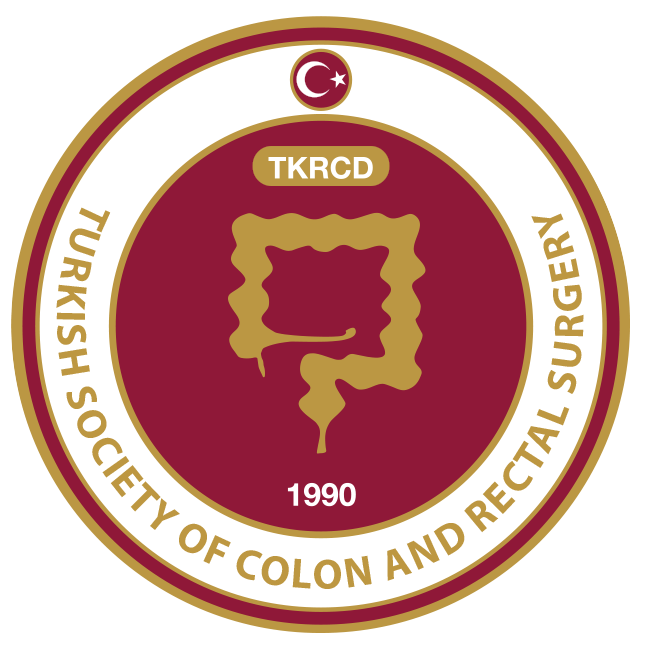ABSTRACT
The presence of stoma in individuals causes physical, psychological and social problems. For this reason, individuals with stoma need effective psychosocial interventions in order to adapt to the stoma. One of these effective psychosocial interventions is support groups. Support groups are defined as groups of individuals with the same problem that provide common support through interpersonal relationships. Individuals generally need to join these groups when natural social support networks are inadequate or if their psychosocial needs are not met. Sharing experiences with other group members in the support group intervention creates positive effects, and solutions are developed for problems with participation in the group. In many studies carried out with other patient groups, support group intervention has positive effects and individuals improve their quality of life. In our country, there is no ongoing support group intervention for individuals with stoma, but in order to help develop psychosocial adaptation to stoma and its effects, nurses should raise awareness about the need for support group intervention and implement these interventions.
Introduction
According to Globocan 2012 data published by International Cancer Agency; colorectal cancer (CRC) is the second most common type of cancer in men in the world and the third most common form of cancer in women. According to the 2014 data of the Ministry of Health, CRCs are third in both women and men in our country. The prevalence is 22.8 per hundred thousand in men and 13.8 per hundred thousand in women.1 In the treatment of CRC, surgical treatment, chemotherapy or radiotherapy, alternatively adjuvant therapy can be applied, and most of the patients are exposed to stoma during surgery.2
Although stoma opening is a surgical procedure commonly used in the treatment of CRC, it is also used in the surgical treatment of inflammatory bowel diseases and traumas.3
Although stoma indications vary, stoma opening causes lifestyle changes due to loss of fecal control and dependence on bag, causing individuals to experience various physiological, social and psychological problems and adversely affect quality of life.4,5,6 Anxiety, change of body image, self-esteem and loss of self-esteem, loss of attractiveness, deterioration of sexual function, fecal leakage, fear of sound/smell and depression are frequently seen problems.5,7,8 Because of these problems, individuals tend to restrict themselves and abolish themselves from society. Family relations, work experiences, social and sexual life of individuals are affected negatively. They think that their family and their immediate surroundings are distancing themselves and restrict their interpersonal relations. In individuals, job drop and job efficiency after stoma opening is frequently observed.4,5,6 Individuals with stomata are ashamed of thinking that they are disturbing others in social environments with uncontrolled defecations. Accordingly, they isolate themselves from the society and are introverted.9,10 Studies have shown that the loss of control over gas and fecal output after stoma opening causes psychological and social isolation in individuals, and that stoma creates negative emotions affecting individuals, interpersonal relationships and body image. It is reported that it cannot carry out leisure activities such as sports and it affects the quality of life negatively.11,12
Since most individuals with stomata also fight with cancer, only medical treatment protocols such as chemotherapy, radiotherapy and surgical treatment are not sufficient on the way to recovery. The main treatment criteria are to ensure and maintain the psycho-social comfort of the individual during and after the treatment and recovery period. One of the most important means of providing this is social support. The scope of social support usually consists of family members, close relatives, friends and health care teams (physicians, nurses, social workers, psychologists, etc). Support groups are one of the most important tools that meet social support needs.13 These groups play an important role on the social cohesion of individuals.7 Social cohesion is that individuals learn to abide by the rules of the society they live in, and develop a behavior that is appropriate to these rules and value judgments. The stages of acquiring the values, behaviors and knowledge of the society in which individuals belong are the process of socialization. This socialization process can affect the family, heredity, whether the individual’s health status affects the activities of daily living and affect the peer group.14 Nursing interventions aimed at restoring the social cohesion of individuals; psychological support, psychotherapy, social support, inclusion of individuals in other stoma individuals and activating individuals.15 Creating support groups by bringing people with stoma together with other people with stoma, sharing feelings, thoughts and problems in these groups, realizing that individuals are not alone, sharing solution suggestions for problems and increasing social support facilitate the social cohesion of individuals.14 In this review, it is aimed to emphasize the effects of support group initiatives, one of the counseling roles of nurses, on stoma individuals.
Result
In order to cope with the psychosocial problems experienced by individuals with stoma and to ensure the social cohesion of individuals, stoma care nurses have important responsibilities. The responsibilities of the nurses include; to provide psychosocial support to the patients as well as their physical and to increase their adaptation to the disease. The nursing roles of the stoma individual for social cohesion are; to provide individual training and consultancy services, to support the individual to realize and use his/her own social support factors in his/her environment and to strengthen the support by meeting with his/her family and his/her relatives. In this regard, it is important to create support groups by bringing together individuals with stoma with other people with stoma. In our country, there is no continuous stomaterapy program or support group initiative. For this reason, it is recommended to plan, implement and increase the support group meetings where stoma individuals can share their problems in order to ensure social cohesion, ask questions, get information and benefit from each other‘s experiences.



